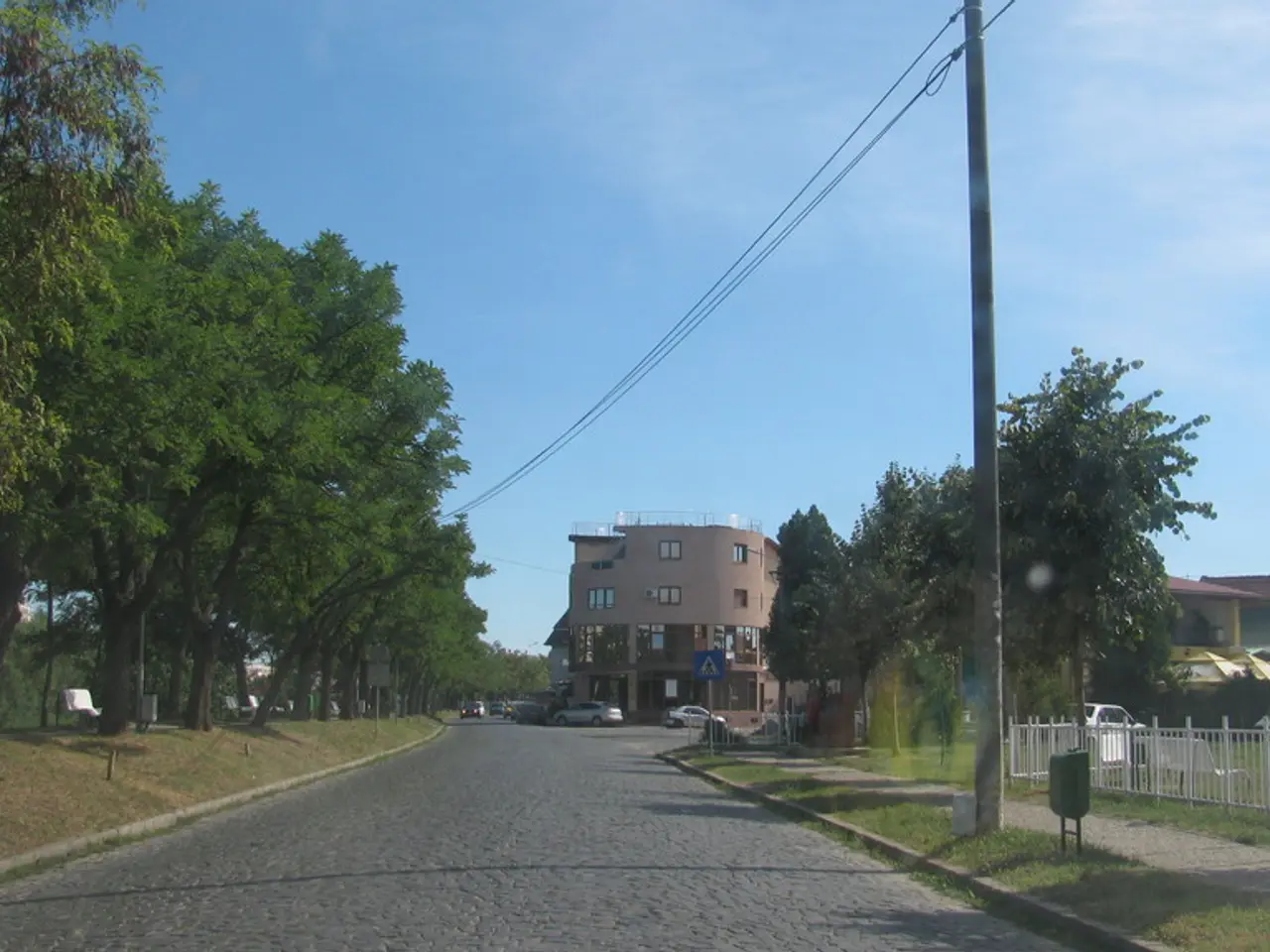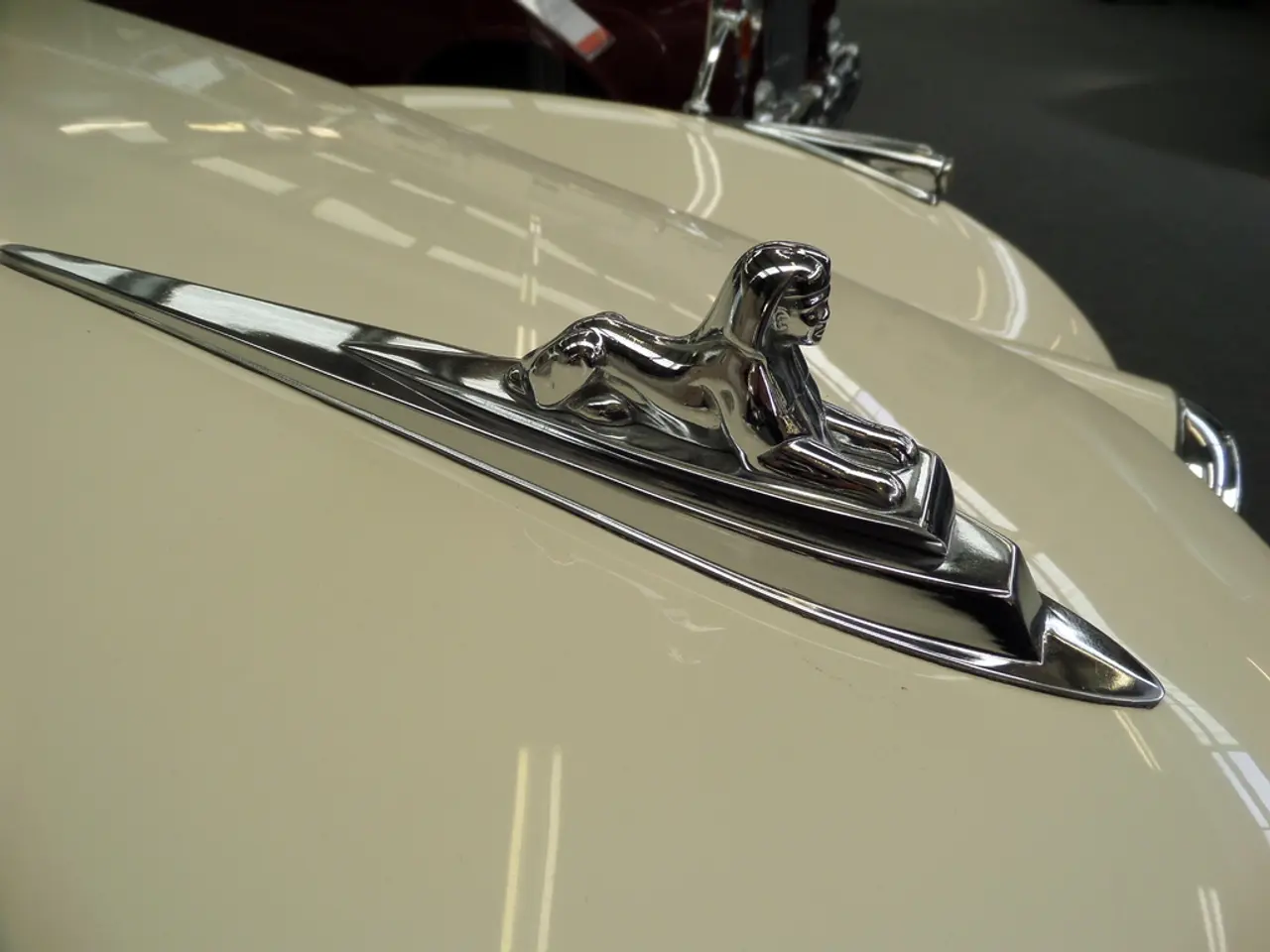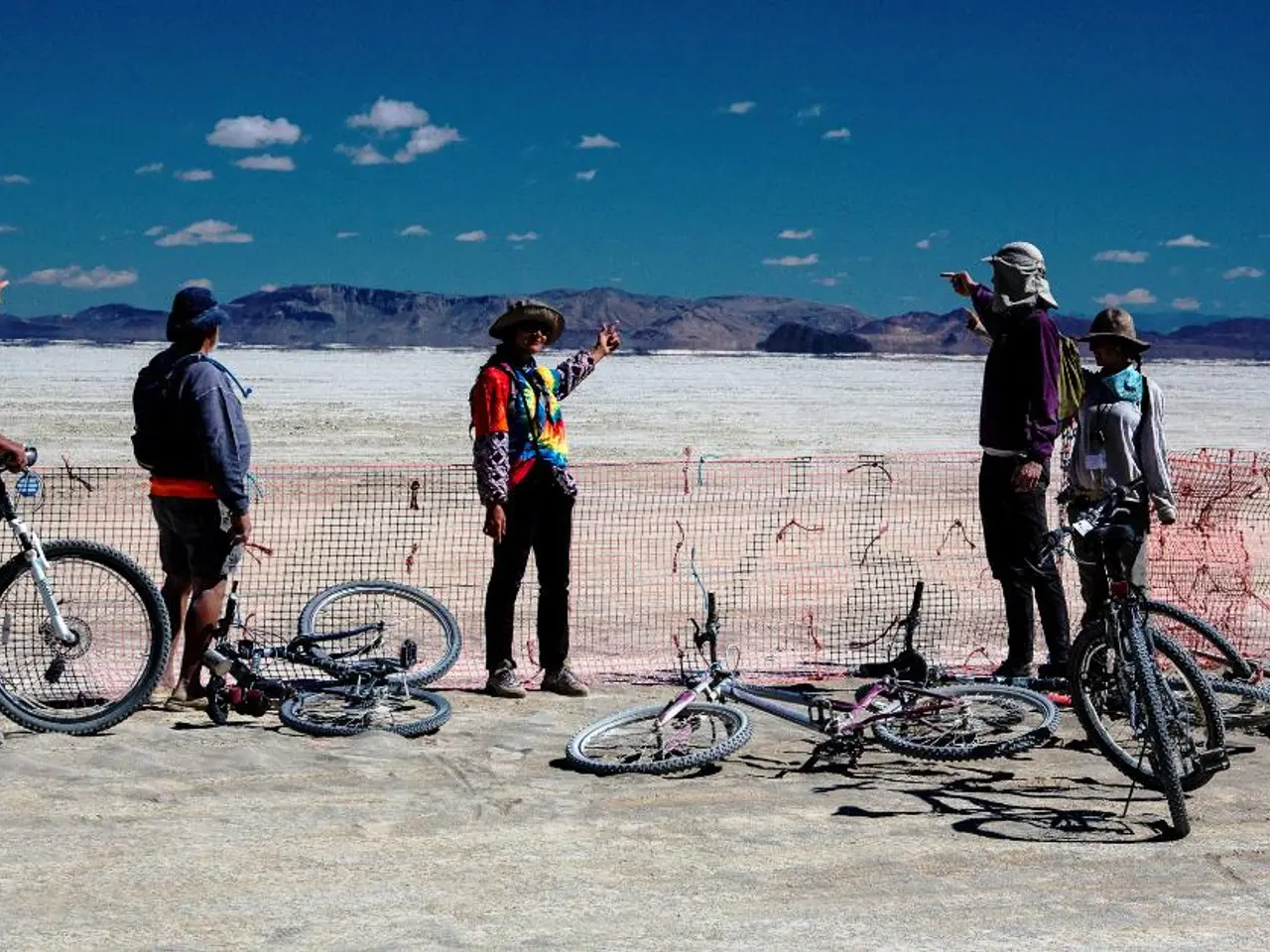Hyundai Set to Launch New Korean Factory Amid Possible EV Sales Drop
Hyundai Motor Co. is set to complete the construction of a new battery-electric vehicle (BEV) plant in Ulsan, South Korea, by the end of 2023. This facility will be part of the world's largest single vehicle-assembly plant complex, established by Hyundai in 1968.
The new BEV plant, located on a 548,000 sq.-m site (5.9 million sq.-ft), will be Ulsan's sixth vehicle-assembly plant at the site. It will feature innovative robotics, smart logistics systems, AI, and a flexible production system to diversify vehicle models. This strategic move is aimed at bolstering Hyundai's electric vehicle portfolio and maintaining competitiveness in the rapidly evolving automotive industry.
The investment in this plant is around KRW 2 trillion (about $1.53 billion). The plant's flexible system is designed to help Hyundai respond to BEV demand fluctuations, enhancing productivity and quality while accommodating multiple models.
Currently, the Ulsan plant produces vehicles like the Ioniq 5 and Kona Electric. Hyundai is also expanding its lineup with new EV models like the Ioniq 2, a smaller, cost-effective electric crossover expected to be positioned between the Kona Electric and smaller crossovers, aiming to offer advanced technology at lower prices.
The new Ulsan BEV plant will start production in Q1 2026 and will produce the first model from Hyundai's luxury brand, Genesis. Notably, Hyundai initiated its electric-vehicle research in 1990, and the first passenger BEV in Korea was developed by Hyundai in November 1991.
The Ulsan proving ground, the site of the new BEV plant, was first used in the 1980s for developing vehicles that could withstand diverse terrains and harsh climates for overseas markets. The testing of the first passenger BEV in Korea was conducted at the Ulsan proving ground.
Hyundai aims to be a "smart mobility solution provider" and plans to achieve carbon neutrality by 2045. From 2035, all new Hyundai- and Kia-brand vehicles sold in Europe will be either battery-electric or fuel-cell electric vehicles.
Ulsan's output is not limited to the U.S. market. Canada is the Ulsan port's second-largest market, while the European Union is third. The Ulsan plant manufactures 1.5 million vehicles annually, with daily production of 5,600 vehicles, and covers 1,200 acres (486 ha).
Despite some current challenges in EV sales globally, particularly in the U.S., Hyundai continues its investment and expansion in electric vehicle production with this new facility. The company is also working on new technology, such as the introduction of new extended-range electric vehicle (EREV) technology, debuting in 2026. The new Hyundai EREV is expected to travel more than 559 miles (900 km) when fully charged.
In conclusion, Hyundai's new BEV plant in Ulsan is a significant step towards the company's goal of becoming a leader in the electric vehicle market. With its innovative technology and flexible production system, the plant is poised to meet the growing demand for electric vehicles and help Hyundai maintain its competitive edge.
[1] Hyundai Motor Company. (2023, November). Hyundai Motor Group to invest KRW 2 trillion in new electric vehicle plant in Ulsan. Hyundai Motor Group. [2] Lee, J. (2023, September). Hyundai to build new electric car plant in South Korea. Reuters. [4] Hyundai Motor Company. (2023, October). Hyundai Motor Group to introduce Ioniq 2, a smaller electric crossover. Hyundai Motor Group.
- The new BEV plant in Ulsan, using advanced technology such as robotics, smart logistics systems, AI, and flexible production systems, will contribute to Hyundai's electric vehicle portfolio and their aim to be a "smart mobility solution provider."
- Hyundai's strategic move to expand its electric vehicle production with innovative technology, like the upcoming Ioniq 2 and the new extended-range electric vehicle (EREV) model, demonstrates their commitment to maintaining competitiveness in the rapidly evolving sports sector, particularly the electric vehicles market.




